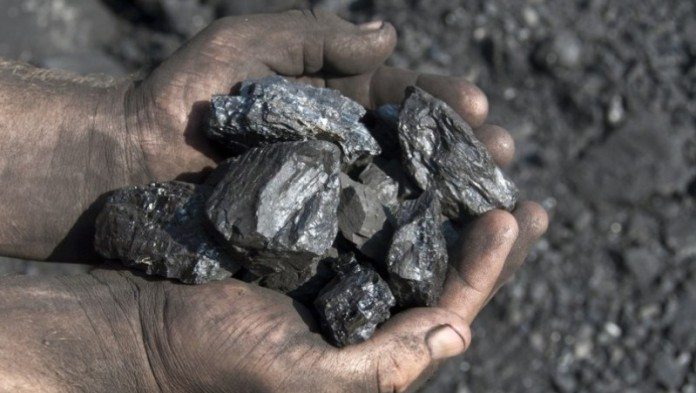
WESCOAL Holdings had secured long-term security on cash flows that would enable it to invest in new projects following completion of a five-year coal sales agreement (CSA) with Eskom, the company said today.
In terms of the agreement, Wescoal will supply 7.8 million tonnes of coal produced from its Elandspruit colliery in Mpumalanga province. It currently supplies Eskom 150,000 tonnes a month run-of-mine from the colliery. The long-term contract will commence November 1.
“This brings to fruition a major project for the Wescoal team,” said Waheed Sulaiman, CEO of the company. “This long term position significantly de-risks future cash flows and in the short- to medium-term enables us to repeat the results achieved during the second half of FY16 [2016 financial year],” he added.
The CSA carries some conditions, however, including that Wescoal ensures more than 50% of its shares are owned by black investors by December. Sulaiman said the company was “well advanced” in achieving this goal. As of March, the company’s black economic empowerment ownership stood at about 44%.
In addition, Wescoal has to make sure that all regulatory boxes are ticked including renewing the water use licence held by the Wescoal Processing Plant which beneficiates the coal into qualities Eskom requires following mining at Elandspruit.
Efforts to secure the water use licence, which expires in March 2017, were underway. “Wescoal has submitted documents to the relevant authorities in support of ensuring that the renewed water use licence is in place timeously,” the company said in a statement to the Johannesburg Stock Exchange.
Shares in the company gained nearly 9% on the Johannesburg Stock Exchange taking the value of the company to about R440m and gains for the year to 18.5%.
The agreement on the CSA also means Wescoal was able to negotiate new rules Eskom said it wanted to introduce for coal suppliers which included paying an upfront fee intended to motivate coal miners to guarantee the quality of their coal.
Coal quality testing would also be moved to the power station which would replace the current system in which coal miners are granted pre-certification at the mine in terms of Eskom’s proposals. It’s unknown if Wescoal has adopted any of these standards.
At the time these new regulations were announced by Eskom in June, Sulaiman said there were a significant barrier to finalising the CSA. “They [Eskom] are making it harder to conclude a long-term contract,” he said.
It will be interesting to see how Wescoal allocates its cash flow going forward especially as Sulaiman said in March that the company had earmarked medium-term production of eight million tonnes/year – double its previous growth target – and that it would like to participate in the consolidation of the South African coal sector.
Wescoal produced just over two million tonnes/y in its 2015 financial year, but had earmarked an increase to about four million tonnes/year with the addition of Elanspruit colliery.
Said Sulaiman in March: “The challenging environment, specifically in the local coal sector, presents opportunities for corporate activity. Consolidation in the junior coal sector is likely and I see Wescoal playing a role in this.
“The criteria are that it must make strategic sense and be value enhancing for shareholders,” Sulaiman added.









